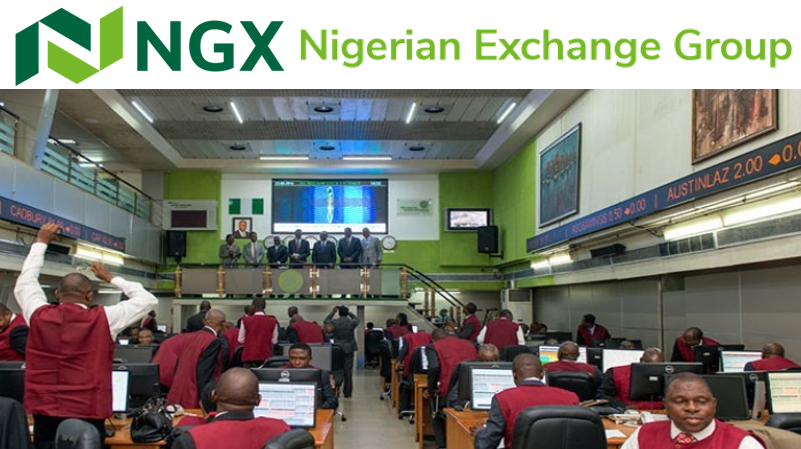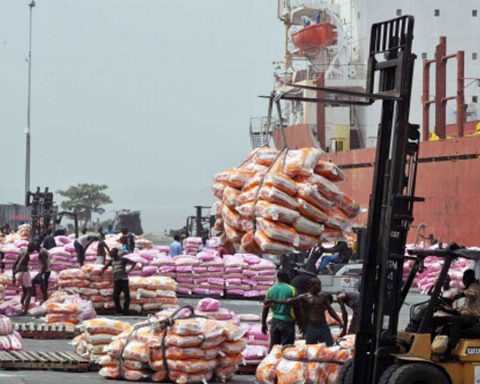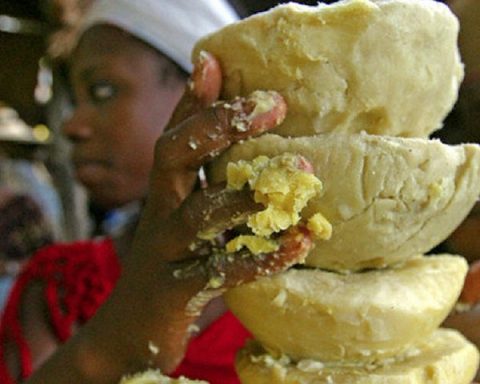Food Insecurity in Nigeria: An Escalating Crisis
Nigeria is currently facing a food crisis that threatens both the nation’s economy and national security. According to the United Nations Food and Agriculture Organisation (FAO), over 25 million Nigerians experienced moderate to severe food insecurity in 2023. The driving forces behind this alarming situation include inflation, insecurity, and climate change. If left unchecked, the issue of food insecurity could destabilise the country and push millions more into poverty.
“The situation is dire,” says agricultural economist Dr. Femi Akintola, “and without immediate government intervention, we risk seeing even more severe food shortages in the near future.”
Join our WhatsApp ChannelWhy Food Insecurity is a National Concern
Food insecurity is not just a matter of hunger—it has far-reaching consequences that impact every aspect of Nigerian society. From economic growth to political stability, the availability of affordable and nutritious food is critical for a country’s wellbeing. As food insecurity worsens, it becomes harder for families to afford basic needs, pushing more people into poverty and increasing social unrest.
Many believe the government has not done enough to address this growing problem. “We cannot continue to ignore this crisis,” says Professor Grace Olumide, a food policy expert. “Food security should be treated as a top priority, not an afterthought.”
The Factors Fuelling Food Insecurity
Several factors contribute to Nigeria’s growing food insecurity, including a decline in agricultural productivity, violence, inflation, and poor infrastructure.
Agricultural Decline
Between 2016 and 2021, Nigeria’s agricultural output dropped by 15%, according to the National Bureau of Statistics (NBS). This decline is largely due to farmers struggling to access affordable loans, as banks charge interest rates of up to 40%. Many farmers are unable to invest in modern farming techniques, further decreasing productivity.
READ ALSO: We Need Collective Effort To Tackle Food Insecurity, Rural Underdevelopment – Don
The violence plaguing agricultural regions only adds to the problem. Banditry, farmer-herdsmen conflicts, and kidnappings have forced many farmers off their land, especially in the northern states. Zamfara, once a thriving agricultural state, has seen a 50% drop in output due to these conflicts. The insecurity makes farming a dangerous occupation, forcing many to abandon their livelihoods.
Inflation and Rising Food Costs
Inflation in Nigeria reached over 33% in June 2024, and food prices soared by nearly 27% between 2022 and 2023. With over 40% of the population already living below the poverty line, these price hikes have pushed millions into deeper financial hardship.
One farmer from Kaduna expressed his frustrations: “We can’t afford to plant or harvest. The costs are too high, and we’re scared to work our land because of the violence.”
Fuel price increases, following the removal of subsidies in 2023, further exacerbated the crisis. With transport costs up by nearly 50%, farmers struggle to bring their goods to market, making food even more expensive and less accessible to the average Nigerian.
Infrastructure Woes and Import Dependency
Poor infrastructure worsens the situation. Bad roads, lack of reliable rail systems, and insufficient storage facilities lead to massive post-harvest losses. The World Bank estimates that 40% of Nigeria’s food is lost after harvest due to these issues.
To meet domestic demand, Nigeria has increasingly turned to food imports, spending over $5 billion on importing basic staples like rice, wheat, and maize in 2023. However, relying on imports puts the nation at risk of global supply chain disruptions, as seen during the COVID-19 pandemic and the Ukraine war. These shocks lead to shortages and price spikes, further highlighting the vulnerability of Nigeria’s food system.
“Importing food is not a solution,” says agricultural analyst Bola Adebayo. “We are undermining our local farmers and making our economy dependent on external forces.”
Finding a Way Forward: Investment and Innovation
Solving the food insecurity crisis will require significant investment in Nigeria’s agricultural sector. Modernisation through mechanisation, infrastructure improvement, and agro-processing are essential steps toward self-sufficiency.
Nigeria lags behind in mechanisation, with far fewer tractors per 1,000 hectares of arable land compared to the global average. Investments in machinery, better roads, and storage facilities will improve agricultural productivity and reduce food waste. This would also make farming more attractive to younger generations, addressing the growing labor shortage in the sector.
Technology can also play a transformative role. Precision farming, drone-assisted monitoring, and agrotech platforms like those created by Nigerian startups Thrive Agric and Farmcrowdy are modernising agriculture. However, these innovations need broader government support to reach more farmers nationwide.
The Role of Leadership in Addressing Food Insecurity
For any of these solutions to work, strong leadership is essential. The government must show the political will to prioritise food security. This requires clear, achievable goals and a long-term vision that goes beyond temporary fixes like food imports.
Agriculture professor Dr. Olatunde Adebola emphasises, “The time for action is now. We need policies that promote self-reliance and encourage young Nigerians to see agriculture as a viable and profitable career.”
A Call to Action
Nigeria is at a critical crossroads. With vast arable land and a young, vibrant population, the country has the potential to overcome its food insecurity challenges. But this will only happen if the government, private sector, and civil society work together to invest in the future of agriculture.
“Food security is national security,” says Dr. Adebola. “If we don’t act now, the consequences will be devastating.”
The ticking time bomb of food insecurity cannot be ignored. If Nigeria fails to address the root causes of this crisis, the nation’s stability, prosperity, and future will be at risk.
















